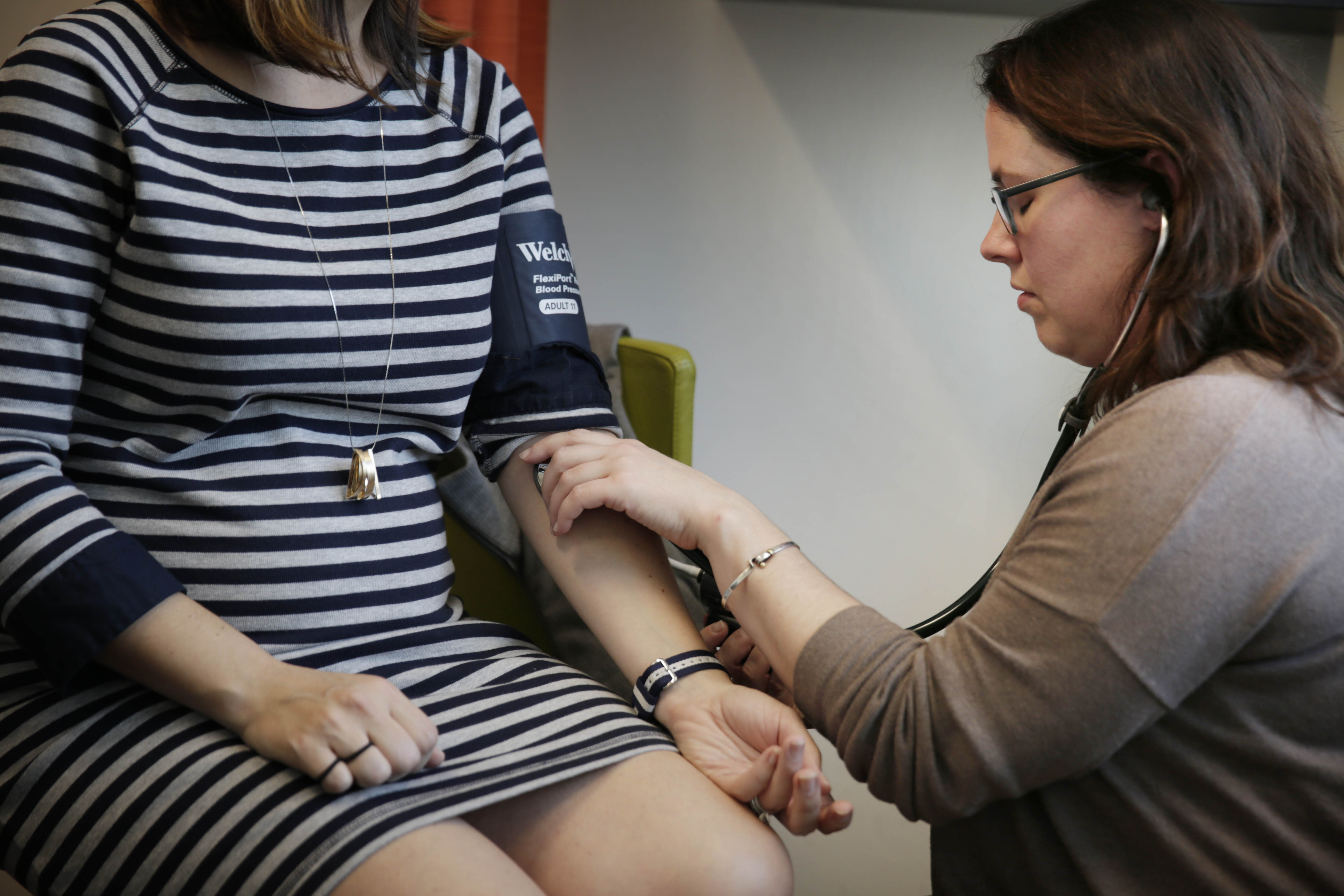Researchers at Northwestern University developed an implant that may be able to relieve pain without the use of powerful drugs, possibly offering an alternative to addictive medications and opioids.
The first of its kind for pain relief dissolves when it’s no longer needed.
The research team is led by Professor John Rogers, who says the device works by delivering a cooling effect to specific peripheral nerves. This effect would then block pain signals to the brain.
“If you've ever been outdoors on a cold day without gloves on, you'll notice that your fingertips become kind of numb. You lose some sensation. What our device does is it exploits that basic mechanism,” Rogers said.
We're making it easier for you to find stories that matter with our new newsletter — The 4Front. Sign up here and get news that is important for you to your inbox.
The dissolvable implant is still in the early stages of testing but could one day be used to help patients manage pain after surgery.
“You drop the device in at the end of that surgery just before the patient is sutured up and they're moved out of the operating room,” Rogers said. “Then it operates in a hospital setting, much like an IV bag would operate.”
The implant can be turned on and off and dialed up and down in real time. The device is then absorbed into the body when it’s no longer needed. The phenomenon is not something that is possible with a traditional drug-based approach, Rogers said.
“Much like a resolvable suture, the device is present for a clinically relevant operating period, but after that period of time has elapsed, the device just naturally dissolves and kind of melts away and disappears so that you don't need to go in and do a secondary surgery to extract that hardware back outside of the body,” Rogers said.
The implant has been tested successfully in rats with the findings recently published in the journal Science. The team plans to expand their research to test for side effects and understand the long-term biological impact of this type of treatment.
The clinical trials will soon begin testing on larger animals and eventually begin human trials.
The implant would be ideal for patients recovering from routine surgeries or amputations, the group that most often needs post-operative medications.
Rogers says the implant is still three to four years away from getting FDA approval and being used in hospitals, but he’s excited about the possibilities.
“This kind of approach could serve as a very powerful complement to drug-based treatments without the addictive side effects and other adverse consequences of the way that pain is managed today,” he said.



